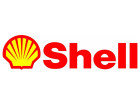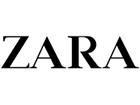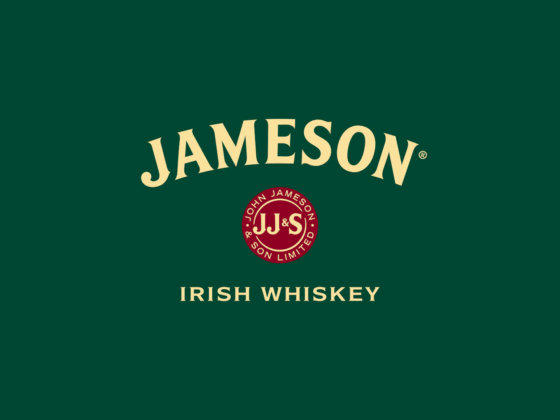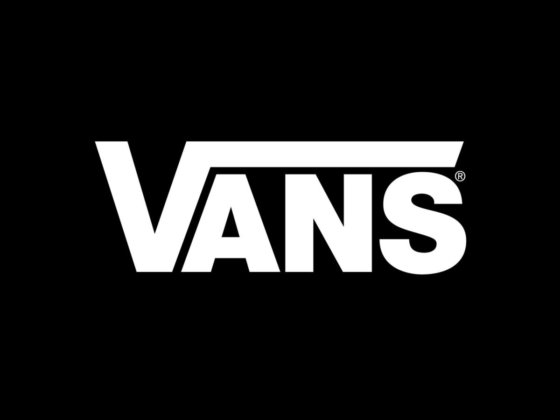 The Dutch-British Shell Group (Royal Dutch Shell) is one of the world's largest oil and gas companies. It has existed since 1907, formed after the merger of the Dutch Royal Dutch Petroleum Company and the British The "Shell" Transport and Trading Company Ltd. The purpose of the merger was to create a company that could compete with the American Standard Oil, whose position was then exceptionally strong.
The Dutch-British Shell Group (Royal Dutch Shell) is one of the world's largest oil and gas companies. It has existed since 1907, formed after the merger of the Dutch Royal Dutch Petroleum Company and the British The "Shell" Transport and Trading Company Ltd. The purpose of the merger was to create a company that could compete with the American Standard Oil, whose position was then exceptionally strong.
The origin of the name Shell is interesting. This name once bore a shop in London. It was opened by the merchant Marcus Samuel, who specialized in the sale of all kinds of outlandish things brought from distant exotic countries. Including shells of unusual shapes and colors. Subsequently, in 1891, the merchant's son became interested in selling kerosene, making it his main activity. Subsequently, with the development of science and technology, the scope of the company also expanded.

The merger with the Royal Dutch Petroleum Company had the most beneficial effect on the development of Shell. In the 1920s, it already accounted for about 11% of world oil production. Development and expansion subsequently continued at a considerable pace, despite recurring problems and difficulties associated with the economic and political situations in the world.
Today the company is engaged in oil production in 80 countries around the world. It owns an impressive number of wells and 30 oil refineries. Shell employs about 90,000 people, the company's net profit reaches tens of billions of dollars. And the logo and the image of the scallop shell is today considered one of the most famous and recognizable in the world.










